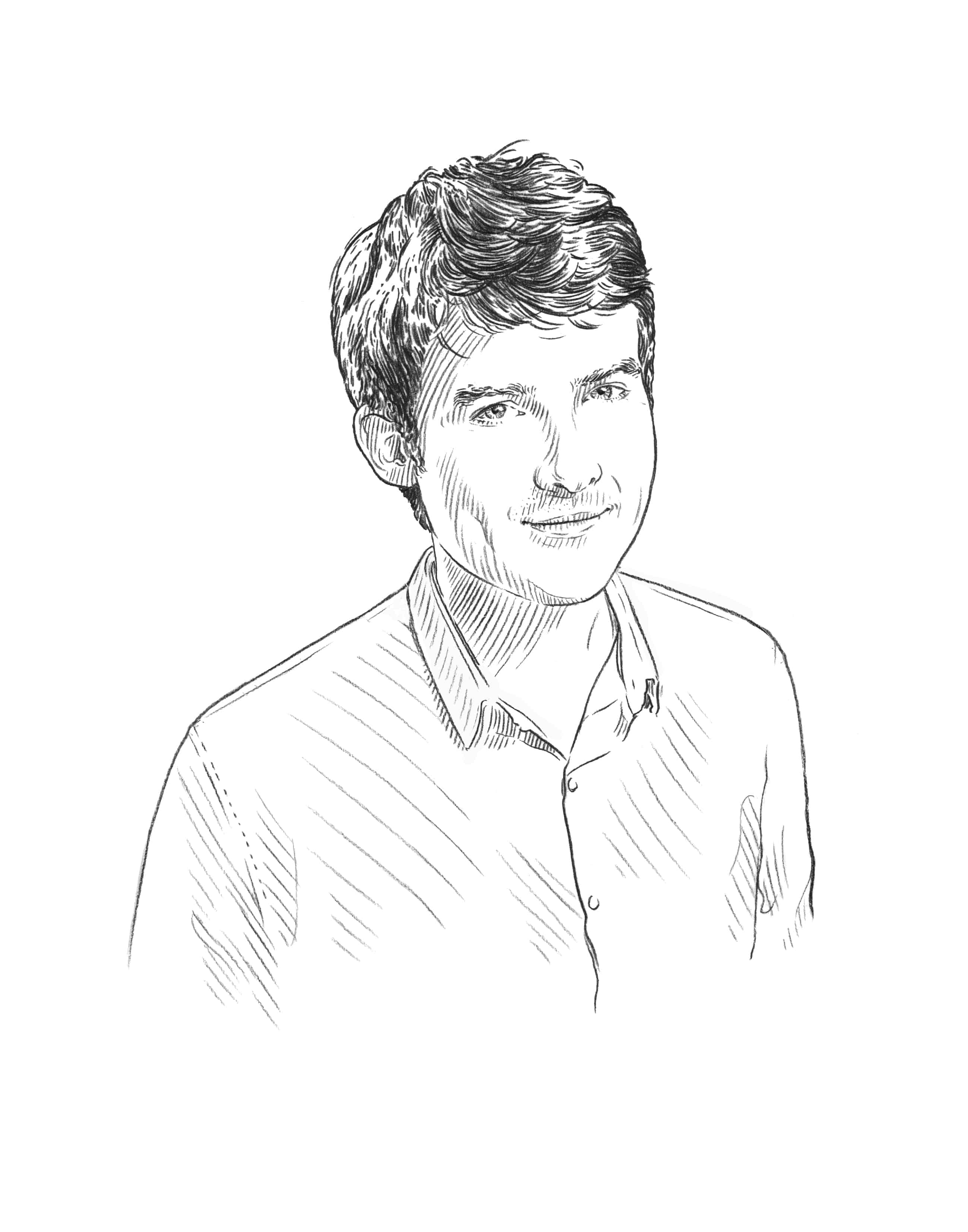HEC STORIES #7: ARTHUR HAIMOVICI’S EDITORIAL

A Question of Scale
In this second issue devoted to the consequences of the pandemic, we cover one of its positive aspects. Along with all the ways it has turned our lives upside down, including imposing a sky-blue mask on faces all over the world, Covid 19 has brought one benefit: it has made us very aware of our civilization’s extreme reliance on our environment. France’s recovery plan and its 30-billion-euro budget for ecological transition are among the first tangible responses to the planet’s recent wake-up call.
But how should we allocate those billions? Should we invest in transition technologies that will help us maintain our lifestyle more or less unchanged? Or should we finance our society’s adaptation to a new and sustainable austerity era? This fundamental dilemma is the basic issue of our report on page 37.
Those of us who live in rich countries have come to believe that we will always be able to travel hundreds of kilometers and will always have food, heating, schools and hospitals. When we look at the history of humanity, though, we see that these advantages are very new. Homo sapiens has been around for 300,000 years, but the “thermo-industrial civilization”, which has radically transformed how we live, began only around 200 years ago. This transformation happened so extraordinarily quickly because of one “miracle” ingredient that allowed us to hack the timescale and draw from geological formations what we needed to satisfy our immediate requirements. That ingredient is oil.
Even though everyone is currently focusing on electricity and renewable energies, we have to keep in mind that our material well-being remains entirely dependent on fossil fuels. This oil that we burn so liberally to fuel our transport, shopping and leisure activities took dozens of millions of years to be formed. At the same time, the CO2 that we are emitting into the atmosphere will not disperse for hundreds of millions of years. And life on Earth, which we are in the process of destroying (60% of vertebrates have gone extinct over the past 50 years!), cannot be reconstituted for 500,000 to seven million years. These superhuman timescales go well beyond government elections, statistical surveys or economic models.
Remember how Keynes, for example, swept aside questions about the distant future: “Over the long term, we’ll all be dead.” Now that we need to decide whether we want to commit ourselves completely to the hope that some technological development will save us, or instead to set our sights on achieving as painless as possible a transition to an energy-parsimonious world, we have no choice but to think extremely long-term. This is the challenge of our time: to adapt human activity in ways that will take its impact into account, with the understanding that this impact can endure for millions of years. An enormous, unprecedented goal that should inspire us to be prudent. As De Tocqueville wrote about the radical new American experiment, “When the past no longer illuminates the future, the spirit walks in darkness.”
Published by Arthur Haimovici

